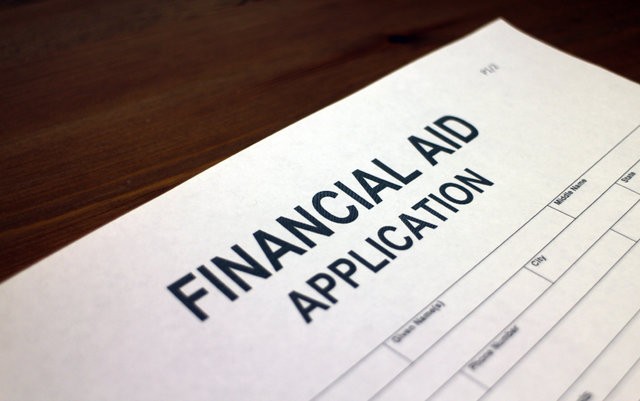When it comes to a college education, we all know things can get pricey very quickly, making financial aid the only option for most students. Believe it or not, 75-80% of all students are receiving financial aid in some form or another in order to pay for their tuition – without it, that degree would remain only a distant dream.
If you’re not familiar with how the financial aid process works in colleges and universities then here’s the first thing to know – federal student aid is your best option for funding. It is the easiest to obtain (especially if you have bad/no credit for obtaining a private loan) and the interest rates are relatively low in comparison as well.
Unfortunately however, for some, checking a single box could be the difference between a college education and a day-dream about a college education. The FAFSA (Free Application for Federal Student Aid) has a checkbox with a question pertaining to drug convictions – and checking that box pretty much kills your chances at receiving federal aid.
For students who were already receiving financial aid it could mean a suspension of their aid for a minimum of a year and at most indefinitely. There are appeals processes, but often these are lengthy processes that not many have the patience to deal with.
A new bill introduced which would remove that question from the FAFSA entirely. The bill is called Stopping Unfair Collateral Consequences from Ending Student Success or the SUCCESS Act. If passed, this would be a major milestone for marijuana reform policies – and an action that was practically 20 years in the making.
“Blocking access to education simply doesn’t reduce drug problems,” said Betty Aldworth, executive director of Students for Sensible Drug Policy (SSDP). “Education and job opportunities are among our best tools to fight the individual and community-level impacts of drug misuse, so student advocates, civil rights leaders and higher education officials have been pushing to repeal this senseless penalty for almost two decades.”
This bill which would “ban the box” on the FAFSA is very similar in nature to an executive action signed by Obama which “banned the box” on all federal employment applications. This was implemented after a study that shows employers look at the checked box as way to narrow down the applications received.
Almost the same situation is happening with federal student aid – if a young adult makes a mistake, getting caught with a quarter ounce for instance – they could then face never having access to federal student aid. This could be a determining factor between a genuine career and barely making ends meet.
The day this bill passes (and it likely will, backed by both democrats and republicans) will be a great day in history for sure. Drug addiction is a real problem and a real disease and dependency – but an individual just given the opportunity to start school is more likely to clean up their act; an individual who is convicted of a drug charge (even carrying small amounts of marijuana) would turn back to a life of drugs if the hopes of an education seemed hopeless…






